Postgraduate Students
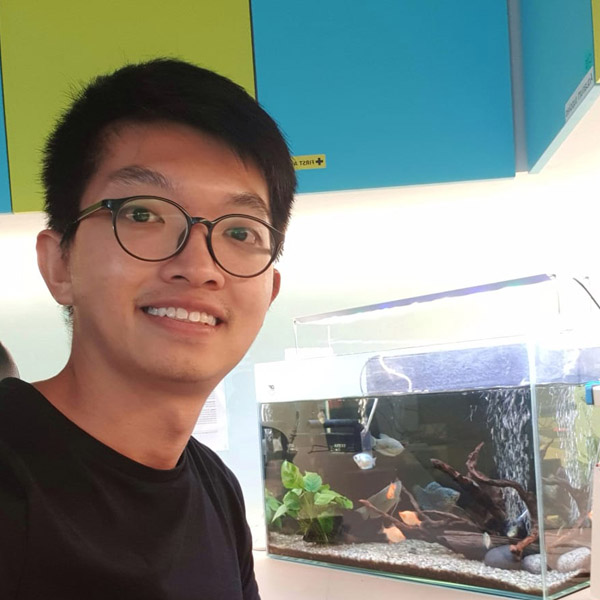
Chew Xian Zhe
E xianzhe.chew@my.jcu.edu.au
An investigation into risk factors associated with disease in Barramundi Aquaculture production
Xian Zhe’s interest in fish health began in James Cook University Australia where he volunteered in the Marine Parasitology Laboratory, run by Dr Kate Hutson. After completing his
undergraduate studies, he worked in Singapore’s aquaculture industry, helping out in fish health management and husbandry. Currently, he is pursuing his PhD at JCU Singapore where he is interested to find out how, when and why disease occurs during barramundi production. He hopes that the findings of
his study will help boost the local barramundi production in Singapore and the aquaculture industry. #RiskFactors #Aquaculture #Barramundi #Disease #Singapore
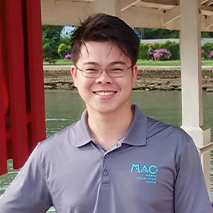
Ngoh Si Yan (Shawn)
E shawn.ngoh@my.jcu.edu.au
Nutritional requirement study and optimised feed development for Red Snapper
Shawn’s passion for aquaculture started back in 2012 where he was involved in several aquaculture genomic research in Temasek Lifesciences Laboratory, led by Prof. László Orbán. He has also worked at Singapore Food Agency (SFA) where he has contributed to the establishment of the pilot aquaculture feed mill facility at Marine Aquaculture Centre. Currently, he is pursuing his PhD at James Cook University Singapore (JCUS) with SFA’s support to study the nutritional requirement of food-fish species. He aspires to become an aquaculture nutritionist with the know-how to develop optimal and cost-effective feeds to help improve the productivity and sustainability of the local aquaculture industry.
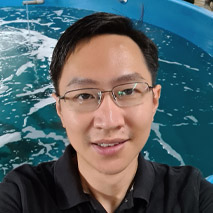
Liang Bing
E bing.liang@my.jcu.edu.au
Developing genetic resources for Malabar red snapper and establishing the first breeding program
Liang Bing’s interest in aquaculture began in 2009, when he started to work on the development of aquaculture technology at Marine Aquaculture Centre of Singapore Food Agency (SFA), with focus on managing a selective breeding program for Asian seabass. Currently, he is pursuing his PhD at James Cook University Singapore with SFA’s support to study the application of genetic technologies for the improvement of farmed aquaculture species. He hopes to deepen his knowledge and expertise in aquaculture genetics to help the local aquaculture industry improve the productivity and sustainability.

Jeffrey Ling Min Than
E jeffreyminthan.ling@my.jcu.edu.au
Investigating the Pathogen-Host-Environment Relationship Of Scale Drop Disease (SDD)
Jeffrey is a current PhD student at JCU Singapore campus. He is investigating the pathogen-host-environment relationship of Scale Drop Disease in Asian Seabass. He is hoping that his research will uncover information about how the disease progresses and how it spreads so that it may be applied in future studies, such as treatment and vaccine trials. He has a Bachelor of Veterinary Science from Massey University (2013), a Master of Science from the National University of Singapore (2020), and a Master of Public Health from the University of Aberdeen (2022).
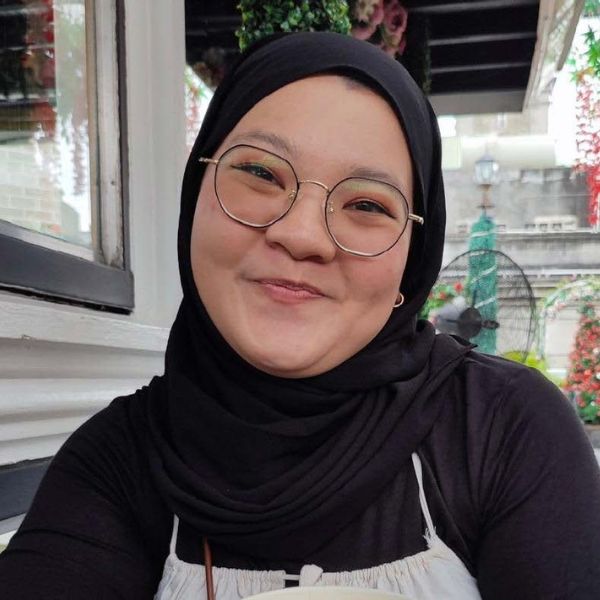
Nur 'Afifah Mohd Sean
E nurafifah.mohdsean@my.jcu.edu.au
Understanding protein differences to make healthier and safer seafood
Afifah is pursuing an MPhil in Health at JCU Singapore under supervision of Professor Andreas Lopata and Dr. Thimo Ruethers. She is studying the differences in protein content between various fish with a focus on allergens - proteins triggering allergic reactions. Allergies to fish and shellfish (seafood) are a major and growing health concern. Understanding protein differences will guide food innovations (e.g., cell-cultivated meat) in producing healthier and safer seafood. Afifah holds a Bachelor of Business and Environmental Science majoring in aquaculture from JCU and gained experience as a research assistant with the Tropical Futures Institute in animal health and diseases.
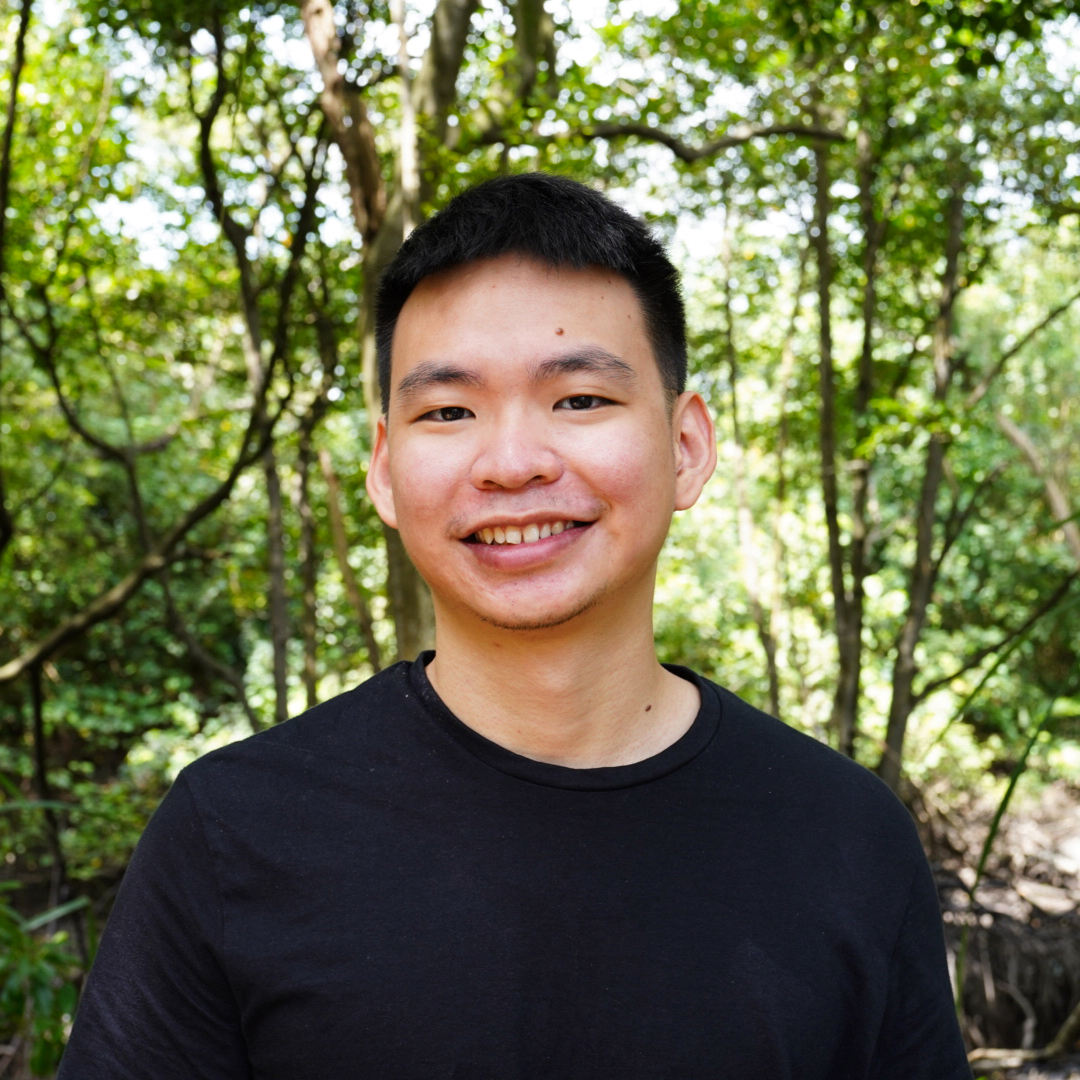
Poon Zhi Weng Josiah
E zhiwengjosiah.poon@my.jcu.edu.au
Genomic selection of barramundi (Lates calcarifer) for improved scale drop disease virus (SDDV) resistance, growth, and fillet traits
Josiah’s focus for his PhD research is on the genetic improvement of barramundi. This follows a natural path from his Bachelor of Business and Environmental Science (Majoring in Aquaculture) and Graduate Diploma in Research Methods as he follows his life-long fascination with the natural world and dream to become a scientist. Through his research, Josiah aims to develop more productive, resilient, and sustainable strains of barramundi through the use of advanced genomic tools. By understanding the genetic basis of favourable traits in commercial aquaculture, he hopes that his research will increase productivity and profitability for farmers while building a more sustainable food system.
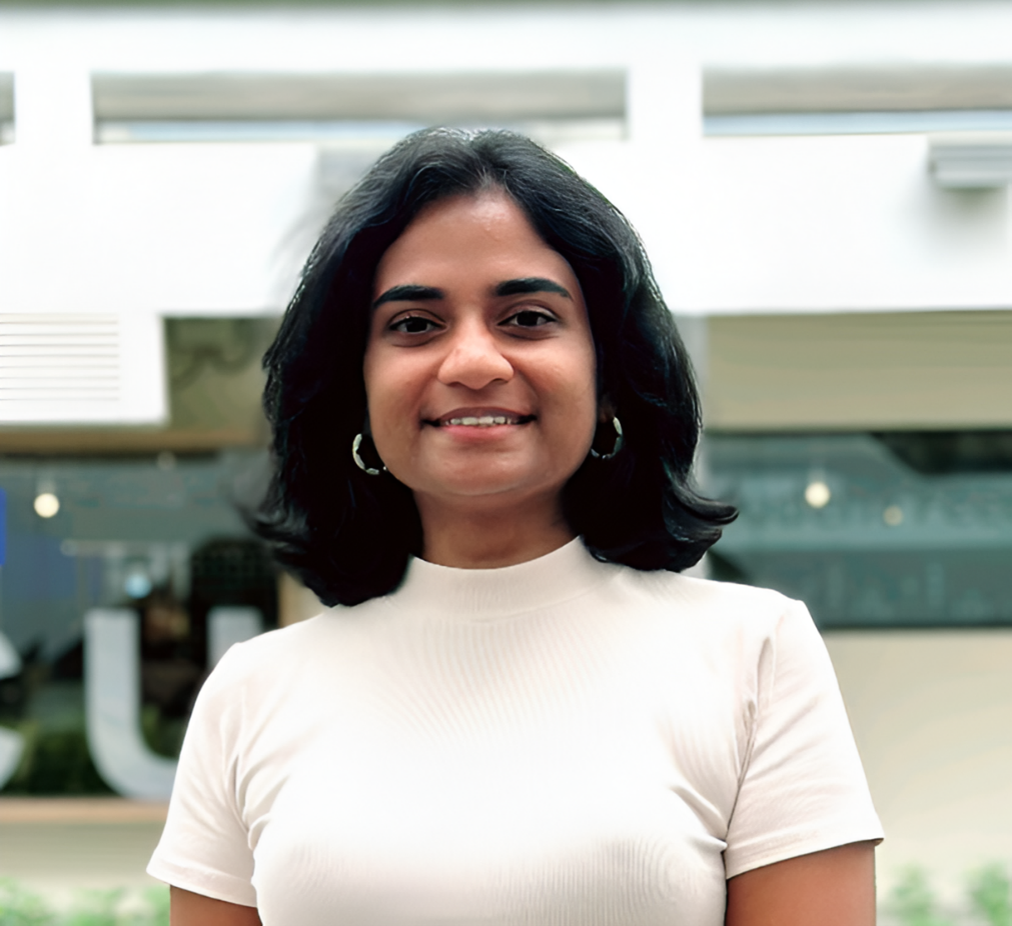
Janitha Iddagoda
E janithahansineeiddagoda.iddagodagedona@my.jcu.edu.au
Seafood allergy trends in Singapore, Southeast Asia, and worldwide
Janitha is currently pursuing her PhD, focusing on the molecular and immunological aspects of seafood allergies, particularly within Singapore and Southeast Asia. Her research aims to identify and characterize allergens in commonly consumed seafood to improve seafood safety, with important implications for allergy diagnostics, management, and treatment. Janitha began her journey in food allergy research during her Master’s degree at the University of Colombo, Sri Lanka. She has contributed to several studies, including research on coconut allergy in collaboration with the Medical Research Institute and the Allergy, Immunology, and Cell Biology Unit at the University of Sri Jayewardenepura. She holds a Master's degree in Cellular and Molecular Immunology and a Bachelor's degree in Microbiology. Under the guidance of her PhD advisors, Prof. Andreas Lopata and Dr Thimo Ruethers, Janitha is dedicated to advancing our understanding of seafood allergies. Her work not only addresses the local context of Singapore but also extends to broader trends in Southeast Asia and globally. Through her research, she aims to foster seafood innovations that are safe and beneficial for all.
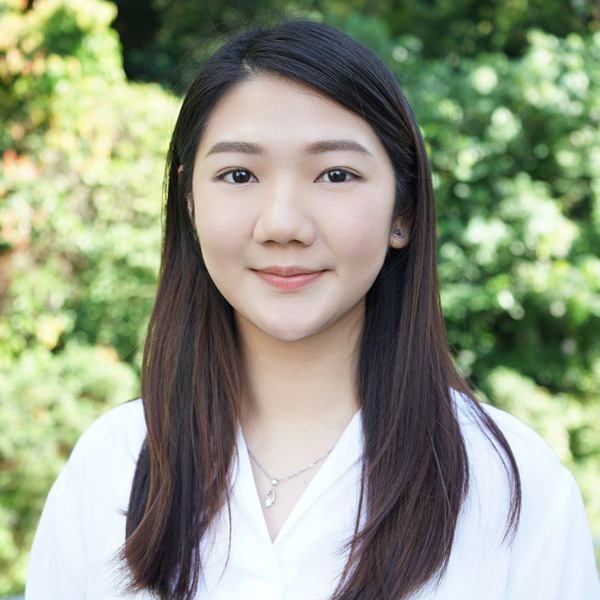
Renee Chin
E renee.chin@my.jcu.edu.au
Deciphering food allergens in cultivated fish and boosting its safe production
Renee is a PhD candidate at James Cook University Singapore, researching fish allergy through cutting-edge proteomics techniques. Her work comprehensively assesses the allergenic risks associated with commonly consumed fish species in Singapore and their cell-based alternatives. Renee’s passion for health and food safety research began during her BSc in Biomedical Sciences at Universiti Tunku Abdul Rahman (UTAR), Malaysia, and deepened through her role as a Proteins and Proteomics Research Assistant at the National University of Singapore (NUS). Through her research, she hopes to contribute to global discussions on the safety of future foods by providing data that can inform regulatory frameworks and safety assessments worldwide.